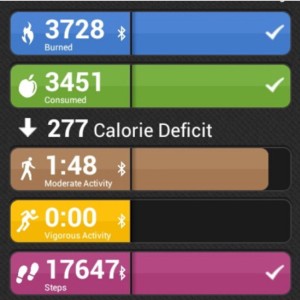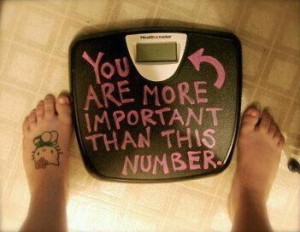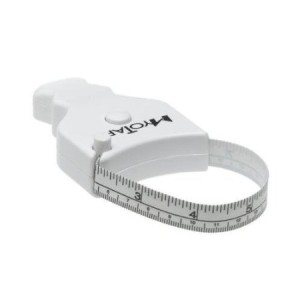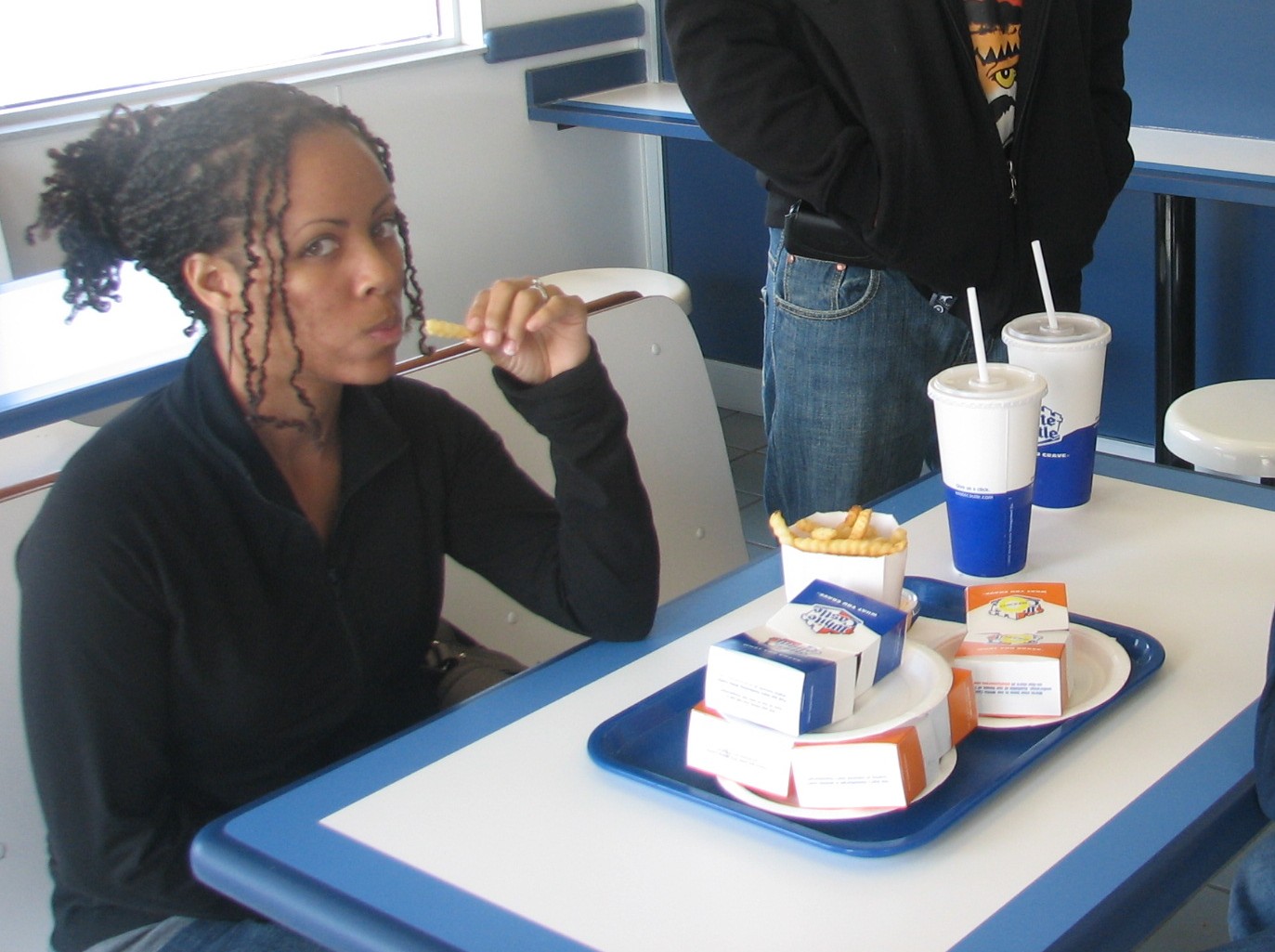 Many of our readers come to us seeking answers. They are beyond frustrated with dieting. They are have done everything “right” according to most of the information geared towards women. No one would ever question their determination. They have cut out most of their favorite foods and are barely eating enough calories to keep a sedentary 8 year old alive. They are working out daily, often as much as two hours a day or more. They pass on cake at their children’s birthday party and eat chicken breast and salad at the family barbeque while everyone else feasts on hamburgers and chips. They can’t remember the last time they enjoyed a nice restaurant meal and ordered what they actually wanted without guilt. They saw weight loss for awhile, but now everything seems to have stopped. No matter how much more they workout, or how much less they eat, they can’t seem to get the scale to move.
Many of our readers come to us seeking answers. They are beyond frustrated with dieting. They are have done everything “right” according to most of the information geared towards women. No one would ever question their determination. They have cut out most of their favorite foods and are barely eating enough calories to keep a sedentary 8 year old alive. They are working out daily, often as much as two hours a day or more. They pass on cake at their children’s birthday party and eat chicken breast and salad at the family barbeque while everyone else feasts on hamburgers and chips. They can’t remember the last time they enjoyed a nice restaurant meal and ordered what they actually wanted without guilt. They saw weight loss for awhile, but now everything seems to have stopped. No matter how much more they workout, or how much less they eat, they can’t seem to get the scale to move.
- Under these circumstances, a member of our team will often recommend a metabolism reset. If you’re curious as to just what this entails, check out this video where Kiki explains the basics.
The purpose of a metabolism reset is to give your body a break from the stress of dieting, to get used to eating an appropriate amount of food, and to provide some time to begin healing some disordered thoughts and attitudes about food that have likely surfaced as a result of restriction.
It isn’t hard to sell people on the reasons why they need to do a reset. But many of our readers want to know how long they should expect this process to last before they can get back to the whole fat loss party.
 Under general circumstances, we will recommend a time frame of 8-12 weeks of consistently eating TDEE. After this time, most people can return to eating a small deficit (TDEE-15%) and they will see slow and steady fat loss.
Under general circumstances, we will recommend a time frame of 8-12 weeks of consistently eating TDEE. After this time, most people can return to eating a small deficit (TDEE-15%) and they will see slow and steady fat loss.
However, every person responds differently. The length of time required for a successful reset will depend greatly on the severity of restrictive dieting and how long the individual dieted. It is critical during this time that you trust the process and are willing to stick it out as long as it takes. Do not approach a metabolism reset as just another diet to try because you’ve tried everything else.
To someone who has spent a long time restricting food, a metabolism reset can sound really appealing. Eat lots of food, and fix my metabolism? Score!!! If you are thinking about doing a metabolism reset, it’s important that you approach it with both eyes wide open. Most people will gain some weight during this time. Many people will feel stuffed as they adjust to an increased quantity of food. Your friends and family may wonder why on earth you would do this. The thought of eating more food while not increasing your exercise will probably make you feel uncomfortable. Even a little anxious. You may feel out of control as the feelings of hunger return which have likely been suppressed due to dieting.
If you stick it out, you will be setting yourself up for a lifetime of future success. It is not easy! Our forums are filled with people who have walked this road ahead of you and are seeing fantastic results! Check out the many success stories those who have walked this road ahead of you and are reaping the rewards.
Consistency is the name of the game. Too often, we see people who approach a reset with excitement and determination. There is often a kind of “honeymoon period”- energy returns, new foods are being enjoyed, workouts are approached with a new-found intensity, sleep quality improves, and there is an overall feeling of wellness.

However, there tends to be a pretty significant water weight gain for many people here. When they start to notice that their pants are fitting tighter, or they see a few pounds weight gain, they may feel discouraged enough to go back to a few days of low-calorie eating. It is very important not to flip-flop back and forth between these two extremes. You need to give your body time to adjust to the new calorie level. Remember that the body is very good at making adaptations! Just as it was quick to adapt to the low calories, it will be relatively quick to adapt to higher calories! Remaining consistent and fighting through the hard days is all part of this process.
So how do you know when your reset is complete? Generally, if you are in a rush to get it over with so you can go back to dieting, that is probably a good sign you’re not quite there yet. Overcoming these mental challenges is such a key part of this. Being able to enjoy “normal” food without guilt is a good sign that you’re getting there!
If you had any symptoms of metabolic damage (hair loss, low body temperature, loss of menstruation, dizziness and/or fatigue), you should begin to see a turnaround. These are all signs that something is wrong, and rushing back to trying to lose fat before your body is ready is only going to sabotage your long-term success.
In the meantime, trust the process and take advantage of this time to focus on some goals, prioritizing your fitness and strength goals over fat loss. You might be surprised with how much you enjoy this time!
Even though we generally discourage focusing on the scale, it is good to check in every once in awhile if you don’t allow it to stress you out. Seeing the weight gain level off and then stop completely is a good sign that the body has adjusted to a normal caloric intake. Of course, please make sure you are taking progress pictures and measurements along the way as well! They tend to be a much more significant marker of progress. As muscle is gained, you may notice that you are shrinking even if the scale does not agree! This is a great way to track trends in weight that we often recommend if you choose to weigh daily.
The bottom line: set a general time table, but be prepared to be flexible and trust the process. Every one will respond to a metabolism reset a little differently. Sticking it out and taking it slow will help you to meet your future fat loss goals!
Disclaimer: If you are dealing with clinical symptoms of disordered eating, please do yourself a favor and talk to a doctor or mental health professional. We are not doctors and you should not understand this to be medical advice.
 Becca is a busy wife and homeschooling mother to five children ages 5 to 13. About three years ago, she embarked on a journey to health and fitness that resulted in the loss of approximately 100 pounds. Today, she is a competitive powerlifter and strongwoman who loves ice cream and deadlifts. As an ISSA certified personal trainer, she is passionate about helping women to get started on a lifestyle of strength and fitness.
Becca is a busy wife and homeschooling mother to five children ages 5 to 13. About three years ago, she embarked on a journey to health and fitness that resulted in the loss of approximately 100 pounds. Today, she is a competitive powerlifter and strongwoman who loves ice cream and deadlifts. As an ISSA certified personal trainer, she is passionate about helping women to get started on a lifestyle of strength and fitness.
Are you curious about how the process works, or wondering what's in our Starter Kit E-Book? START HERE. We'll send you a free breakdown of the basics, exclusive videos explaining why everything that you've learned about diets have only led you astray, and an action plan to take your life back immediately.
No worries, we hate spam too!






Recent Comments